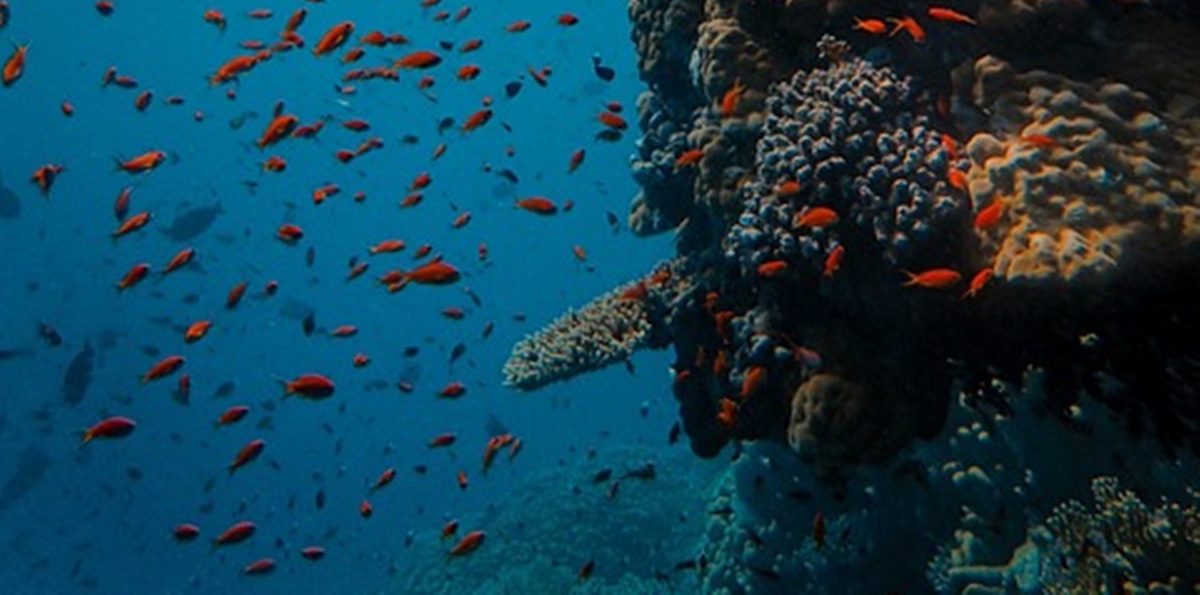Wetsuits are essential equipment for water sports enthusiasts, and they come in a wide variety of designs and materials. Among them, thin wetsuits have gained special attention. In this article, we’ll focus on thin wetsuits and explore their advantages and disadvantages in detail.
Thin wetsuits offer benefits such as flexibility, mobility, and comfort, but they also have limitations related to insulation and suitability for different environments. Let’s delve into the reasons for preferring thin wetsuits and the considerations to keep in mind.
Would you like to buy goggles?
Advantages of Thin Wetsuits
Improved Ease of Movement and Mobility
Thin wetsuits, as the name suggests, are made from thinner materials. This characteristic enhances ease of movement in the water. These wetsuits snugly conform to the body, minimizing restrictions, making them particularly appealing to surfers and divers. The close fit of the wetsuit enhances mobility, amplifying the enjoyment of water sports and activities.
Let’s consider surfing as a specific example. Maintaining balance on the surfboard is crucial for riding the waves. Thin wetsuits allow surfers to flexibly move their bodies, helping them maintain balance. In scuba diving as well, easy adjustments in deep water are vital, and thin wetsuits facilitate these adjustments.
Consequently, thin wetsuits provide improved ease of movement and mobility, enhancing water-based activities.
Comfortable Prolonged Wear
When engaging in aquatic sports or activities, extended wetsuit wear is often necessary. Thin wetsuits excel in this aspect. Their thin material offers high breathability while still providing a comfortable fit.
Surfers and scuba divers often spend several hours underwater. During this time, the comfort of the wetsuit plays a significant role in reducing fatigue and enabling prolonged use. For instance, surfers frequently wear wetsuits while riding the waves, and thin wetsuits are suitable for these long sessions. Thin wetsuits are comfortable for extended wear and don’t strain the body.
Therefore, thin wetsuits are suitable for comfortable prolonged wear, allowing enthusiasts to fully enjoy their underwater activities.
Disadvantages of Thin Wetsuits
Limited Insulation
Thin wetsuits tend to have limited insulation due to their thin material. They are not well-suited for use in cold water or low temperatures. The primary purpose of a wetsuit is to maintain body temperature in the water, but thin materials struggle to achieve this in cold conditions. In cold environments, the risk of body temperature dropping and even freezing becomes high.
Consider ice diving in a sub-zero lake in Canada as an example. In such extremely cold conditions, thin wetsuits lack the necessary insulation, potentially exposing divers to excessive cold. Inadequate insulation can make activities less enjoyable and compromise safety.
Therefore, thin wetsuits are not suitable for use in cold environments, and thicker wetsuits with better insulation are necessary.
Environmental Suitability Variation
Thin wetsuits heavily depend on water temperature and climate, resulting in limitations related to their suitability. Wetsuit materials are typically suitable for warm water and seasons, but they do not provide sufficient insulation in cold water or low temperatures.
The suitability of thin wetsuits varies significantly based on the location and season of aquatic activities. For instance, thin wetsuits are appropriate for surfing in the warm seas of Hawaii but unsuitable for diving in the sub-zero waters of Alaska. Considering water temperature and air temperature is crucial when choosing the right wetsuit.
Thus, it is essential to be aware of the variability in environmental suitability. Wetsuit selection should be tailored to the location and season in which activities take place.
Summary
From the above discussion, it is evident that the preference for thin wetsuits depends on individual activities and needs. Professional water sports athletes and casual consumers have different requirements. Professionals such as surfers and free divers seek the best mobility and performance, and thin wetsuits allow them to excel in their field.
On the other hand, casual water enthusiasts prioritize comfortable extended wear and insulation, especially in cold environments or low temperatures. In such cases, thicker wetsuits that provide better insulation are required.
Therefore, understanding the merits and demerits of thin wetsuits and aligning your choice with your specific activities and preferences is crucial. Wetsuits significantly impact the comfort and efficiency of water-based activities, making careful selection essential.



コメント